How we create change
Greenpeace Southeast Asia was born from the spirit and actions of those who, together, took a stand to give this region, its nature, and local people a voice. People have always been at the core of our campaigns. They have been and remain our partners in bringing about positive change.
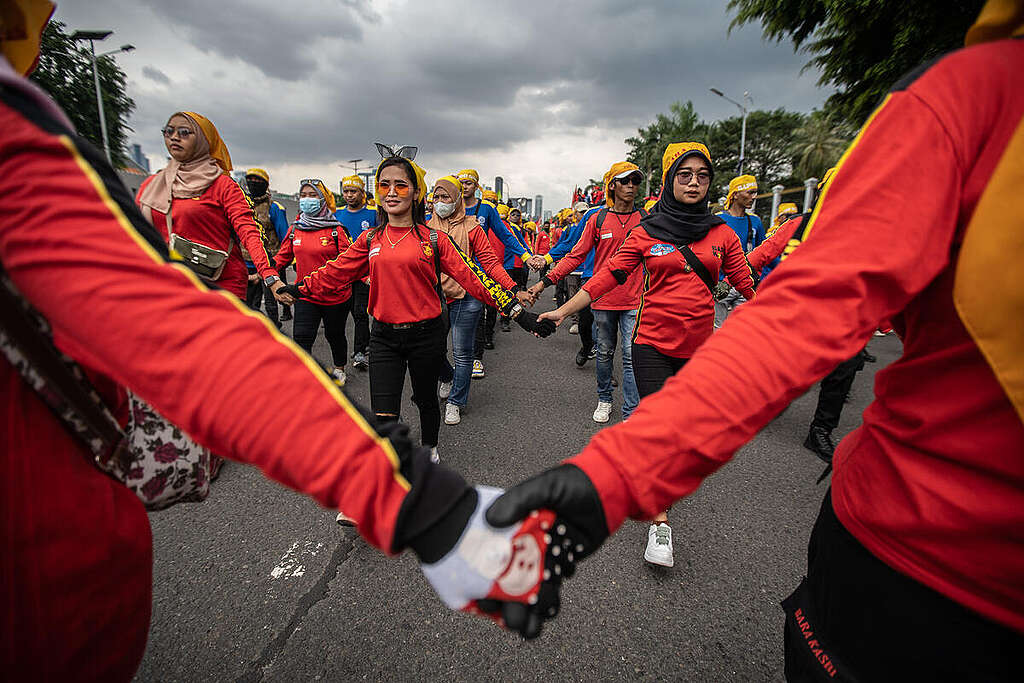
Taking action to conserve and protect the environment
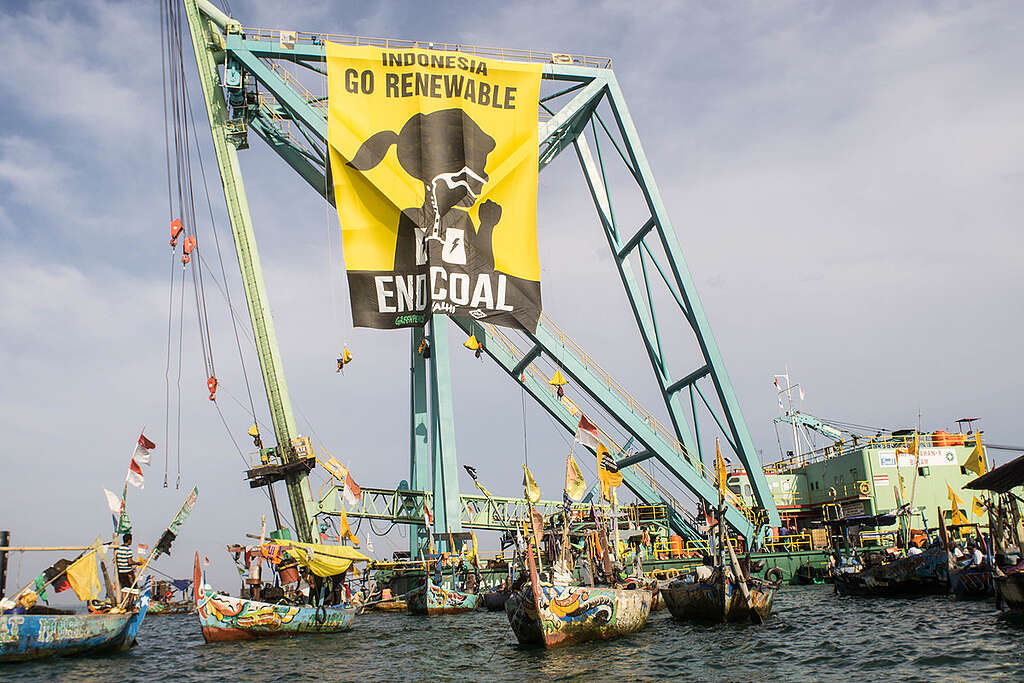
Then and now, Greenpeace investigates, documents and exposes the causes of environmental destruction. We work to bring about change by lobbying governments, putting corporate pressure and mobilising communities and allies. And most importantly, we take peaceful direct action to protect our Earth and promote solutions for a green and peaceful future.
Here’s how Greenpeace works:
> We investigate
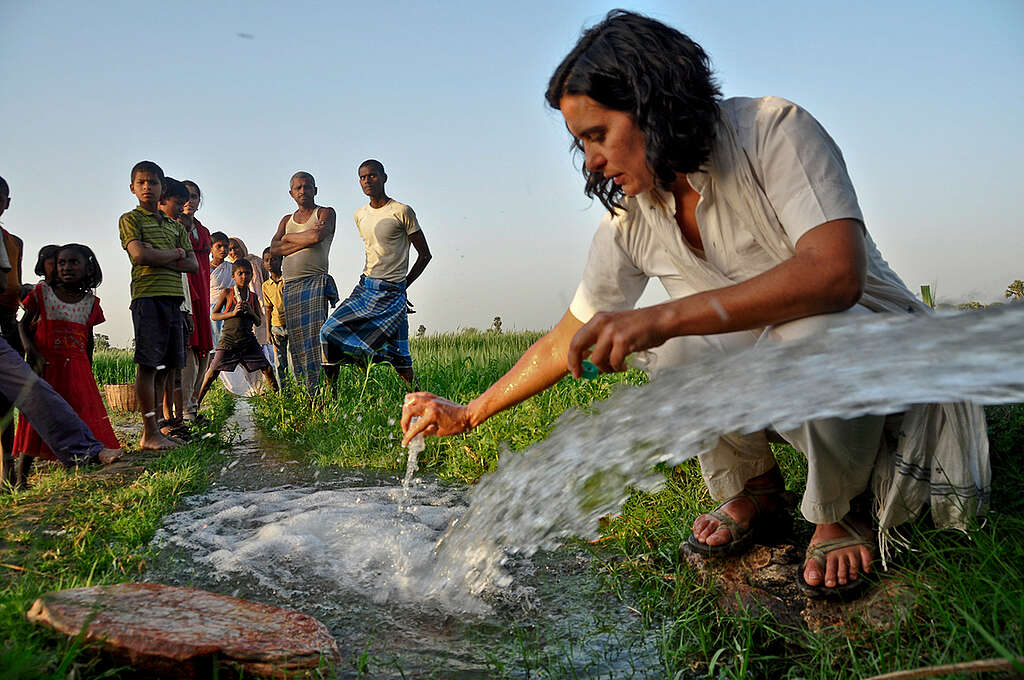
Investigations are a fundamental part of Greenpeace’s campaigns. By investigating, we can expose those responsible for environmental destruction and shed light on the areas of operation that they would rather stay in the dark.
The Greenpeace Research Laboratories (The Greenpeace Science Unit) anchors Greenpeace solidly in science with rigor – the facilities are located within the University of Exeter in the UK. The Unit provides scientific advice and analytical support to Greenpeace campaigns and offices world-wide, over a range of disciplines.
Our investigations provide science-based research and hard evidence on environmental crimes happening and identify who are involved or be held responsible. By doing so, we properly inform the public to enable our campaigns. Using a variety of techniques from field work, satellite imagery, business and financial analysis, and working with whistleblowers, our investigations provide the facts and evidence Greenpeace needs in order to bring about change.
Our investigations have led to expose some of the world’s biggest consumer brands being linked to forest destruction in Indonesia; put the spotlight on UK plastic waste illegally shipped to Malaysia; and uncover modern slavery at sea befalling Southeast Asian migrants.
Read: An interview with Reyes Tirado from the Greenpeace Science Unit.
> We Lobby
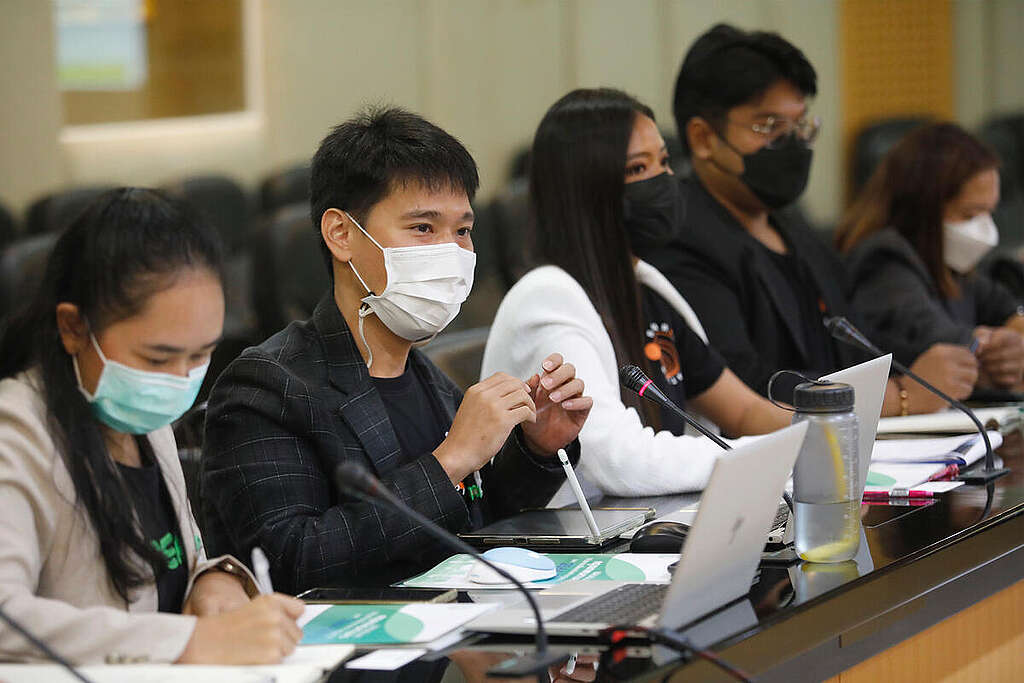
Through lobbying, Greenpeace can encourage and persuade those in positions of power to take the bold steps needed to protect the planet. We make sure that our campaign demands are clearly heard by decision-makers like politicians and business leaders, and we ask them to translate these demands into real action that protects the environment.
We meet with government leaders and politicians to build political support for our campaigns, produce and disseminate reports, organise briefings, and make submissions to consultations and committee inquiries. Through political lobbying, we were able to amend the Philippine Fisheries Code (RA 10654) to have more mechanisms to combat Illegal, Unreported, and Unregulated Fishing – a law that benefits the whole fisheries industry and includes provisions for fish workers.
Globally, Greenpeace campaigns to influence international treaties and conventions on environmental protection so they are as strong and ambitious as possible. We work hard behind the scenes at UN conferences to encourage governments across the world to work together and deliver stronger environmental protections for the benefit of all.
> We Take Peaceful Direct Action
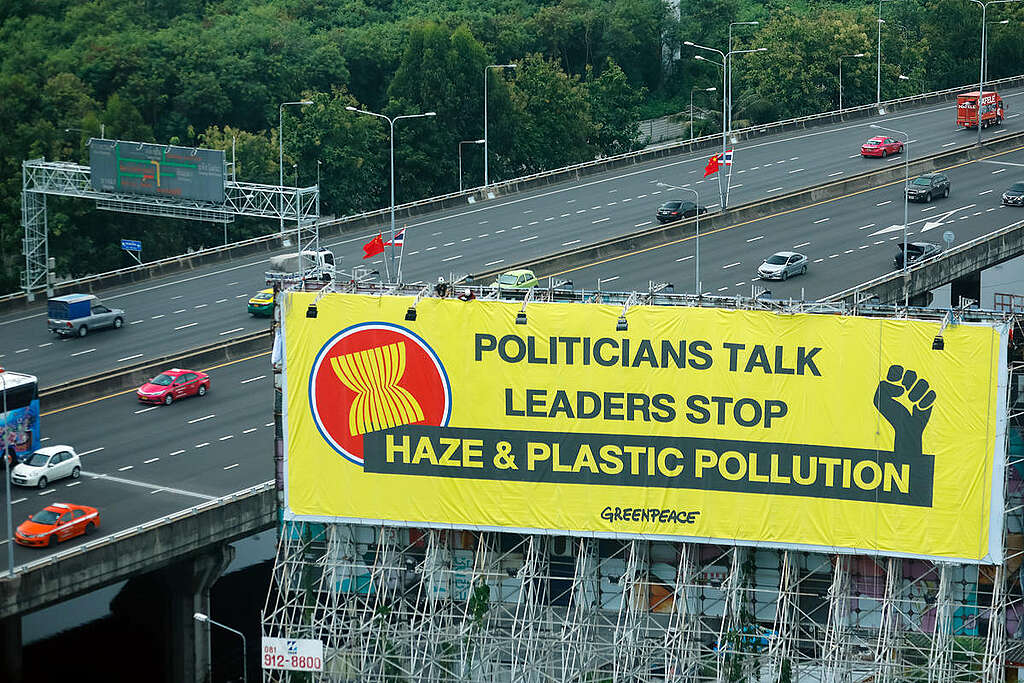
Taking peaceful, non-violent direct action has always been at the heart of our work. Greenpeace was founded in 1971 by a small group of people who set sail in an old fishing boat to try and stop a US nuclear weapons test on an island off the coast of Alaska.
Direct action is about putting yourself on the line to stop an immediate wrong at the scene of the crime. Ordinary people around the world can act to confront those in positions of power with their responsibility for stopping global environmental destruction. We act to raise the level and quality of public debate. Above all, we act to provoke action from those with the power and responsibility to make change happen.
Guiding all of our actions, always, is a commitment to non-violence and personal responsibility. These principles are inspired by the Quaker concept of ‘bearing witness’, which is about taking action based on conscience. Everyone on every Greenpeace action is trained in the principles of nonviolent direct action (NVDA).
Our fleet of ships allows us to take action and bear witness at the scenes of environmental crimes around the world, often in remote and difficult-to-reach places. When taking physical action to stop an environmental wrong isn’t possible, ‘bearing witness’ through one’s physical presence at the scene of the crime is another way to act on conscience and remind those responsible that they have a higher responsibility than the corporate bottom line.
> We work together with People and Movements
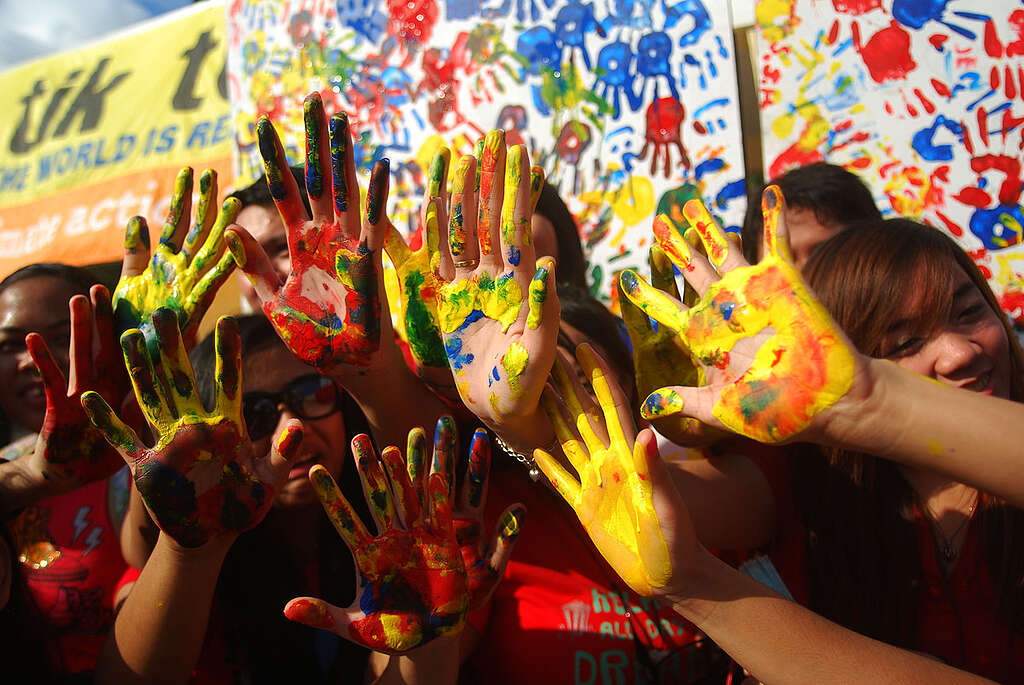
People play a huge and crucial part in Greenpeace’s work. This might be through signing petitions and sharing social media posts, to volunteering to do clean ups and brand audits, to even taking part in creative protests and direct actions. Our campaigns give people a chance to channel their passion for the planet into real action.
Change only comes when a critical mass of people demand it. Greenpeace helps ordinary people achieve momentous change. Our campaigns give them simple and effective ways to make demands of elected politicians or corporations committing environmental harm. From the tens of thousands of messages Greenpeace helps people send, to the almost millions of signatures collected on petitions, Greenpeace enables people all over the world to come together and demand the change they want to see.
How you can help
-
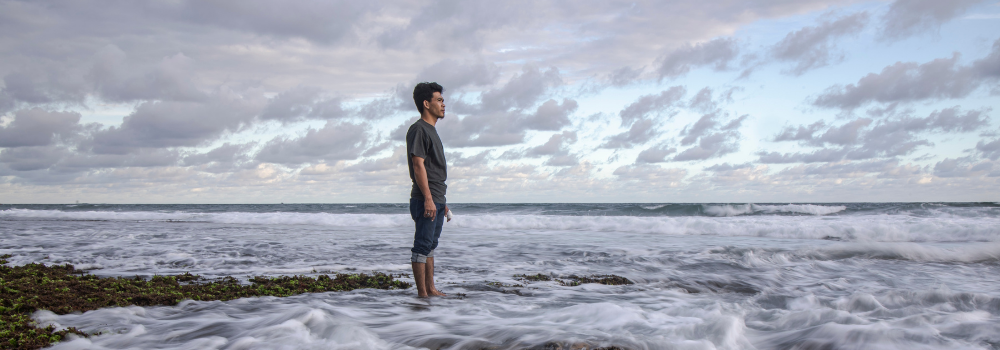
Surat Dukungan Global: Solidaritas Bersama Para Nelayan
Tidaklah mudah bagi seseorang untuk menghadapi perusahaan besar yang memiliki sumber daya dan pengaruh kuat seperti Bumble Bee–sebuah perusahaan tuna kaleng asal Amerika Serikat bernilai jutaan dolar. Namun demikian, sekelompok nelayan migran Indonesia sedang melakukannya. Surat ini akan disampaikan kepada tim kuasa hukum para penggugat sebagai simbol dukungan dan solidaritas. Kami, individu dan organisasi yang…
-

全球連署:一起捍衛漁工人權
全球連署:一起捍衛漁工人權 「以己之力,對抗資源雄厚的大企業」,從來不是一件容易的事情,但這群印尼漁工做到了。他們勇敢站出來,向美國前三大鮪魚罐頭品牌大黃蜂(Bumble Bee)爭取自己的權益。此封連署信將會交給他們的法律團隊,並分享給漁工們,以表達您的支持與聲援。 我們在此向那些對大黃蜂提起人口販運訴訟的漁工們表達聲援。根據訴狀,提告漁工們表示,他們在供貨給大黃蜂的漁船上捕撈鮪魚時,曾遭遇包含肢體暴力、精神虐待、未受治療且危及生命或導致殘障的傷害、抵債勞務、超時工作、扣發薪資,以及對其家人進行財務威脅等情況。 漁業是地球上最危險也最孤立的工作場所之一,全球估計有超過 128,000 名漁工處於強迫勞動的工作環境中。為了供應市值高達 3,500 億美元的全球海鮮產業,過度捕撈與破壞性漁法正加速掏空我們的海洋資源。這兩個相互交織的問題,不只讓海洋生態陷入惡性循環,也剝削漁業勞工的權益,並對全球沿海社區造成嚴重衝擊。 在此,我們同聲譴責並呼籲: 為此我們與漁工們站在一起 在此簽名 工會: 非營利組織: 企業: 個人: 請參閱此處
-

Solidarity with Fishers
It is never easy for individuals to go up against large, well-resourced, and influential corporations like Bumble Bee, but a group of Indonesian fishermen are. This letter will be delivered to their legal team with a request to share it with them as a symbol of support and solidarity. We, the undersigned individuals and organizations,…
-
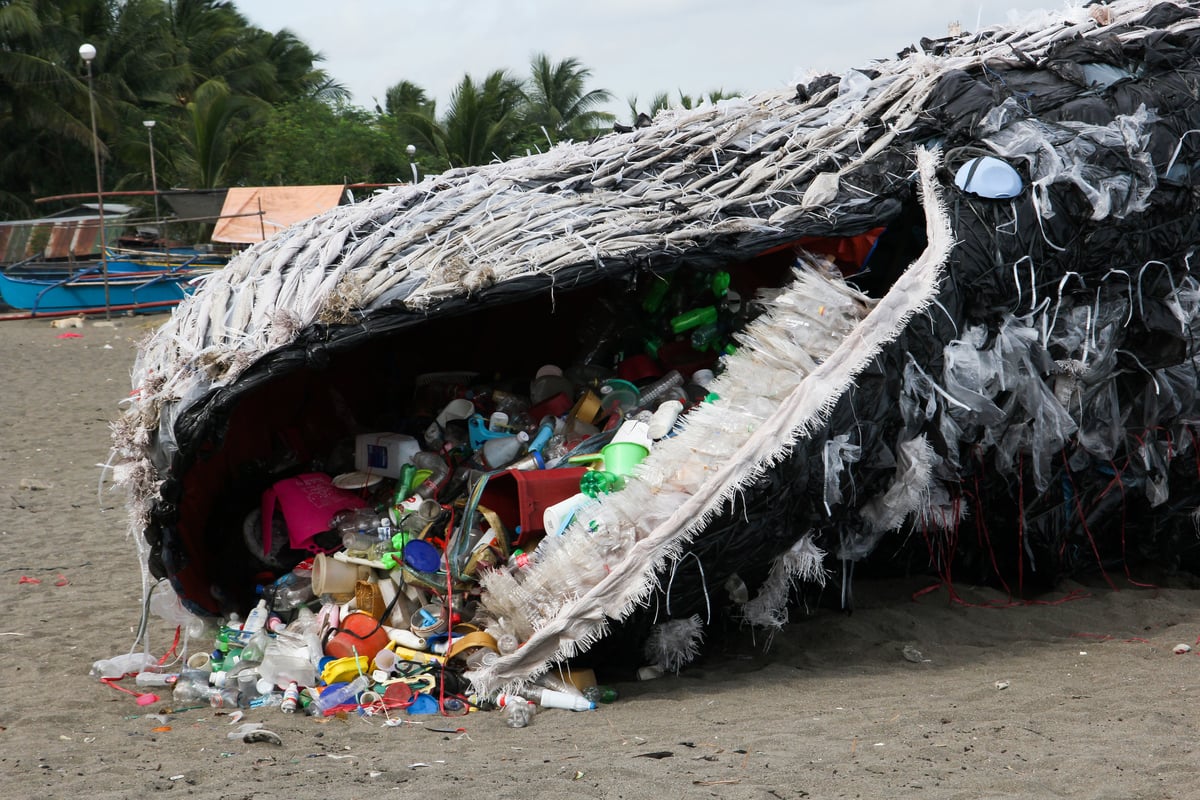
Let’s end the age of plastic!
Ask world leaders to support a strong global plastic treaty that addresses the whole life cycle of plastic.
-
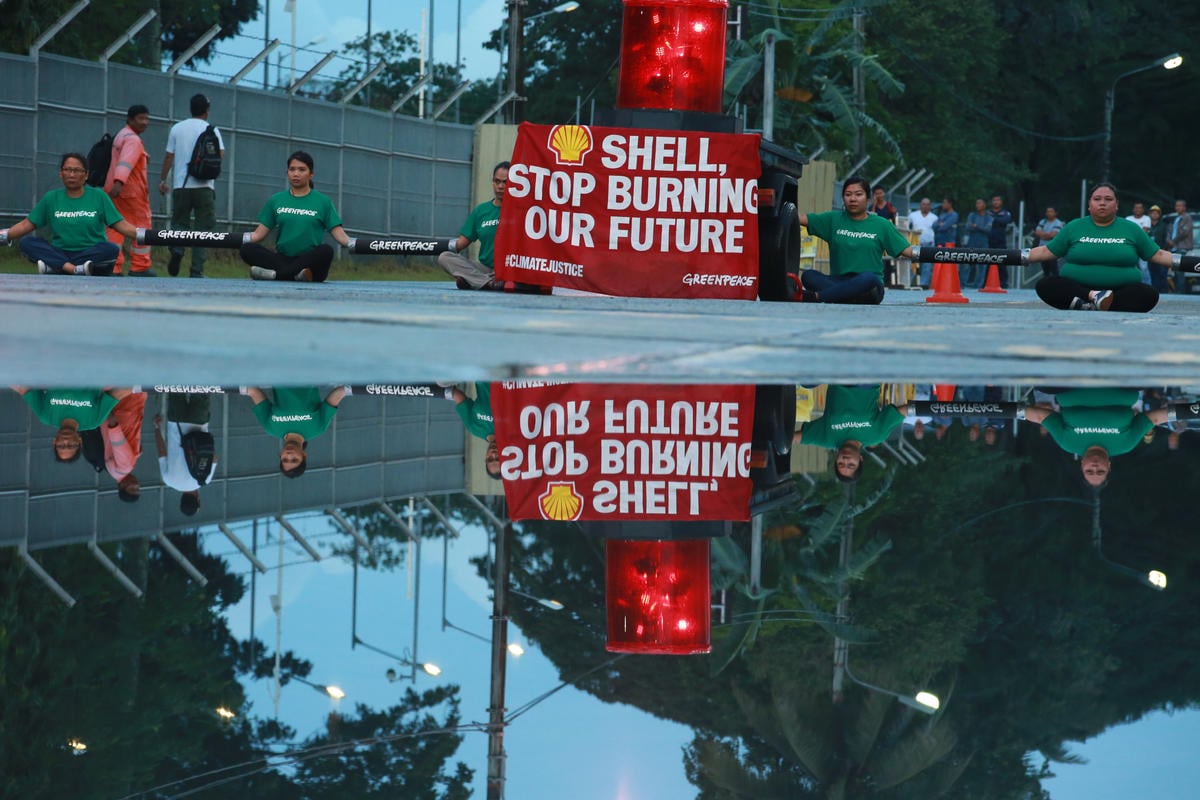
Make polluters pay
Let’s stand with Filipino communities calling for an end to fossil fuels and payment for climate damages.
-

Do you know where your seafood comes from?
Hey Jerry Chou – it’s time to do your part to protect fisheries workers and our oceans.
-
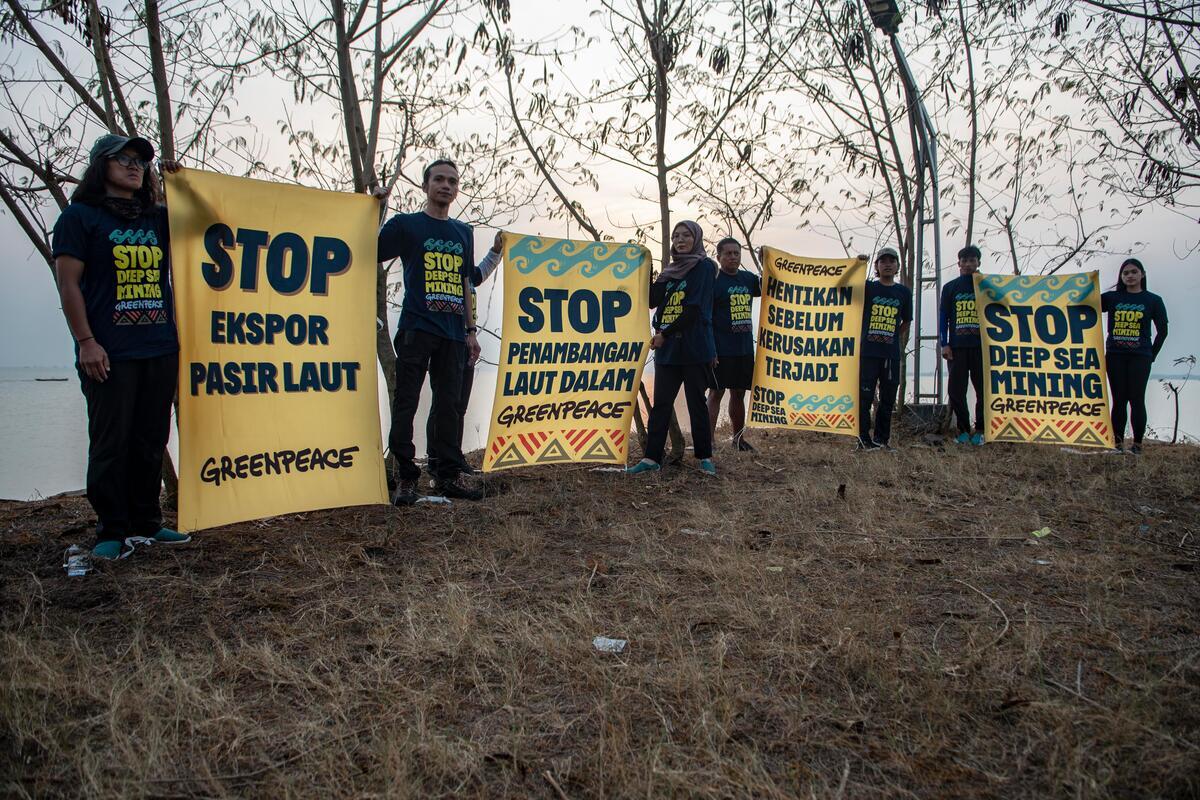
Stop Deep Sea Mining
We need a global moratorium to stop the launch of this destructive new extractive industry. Join the Campaign now.
-
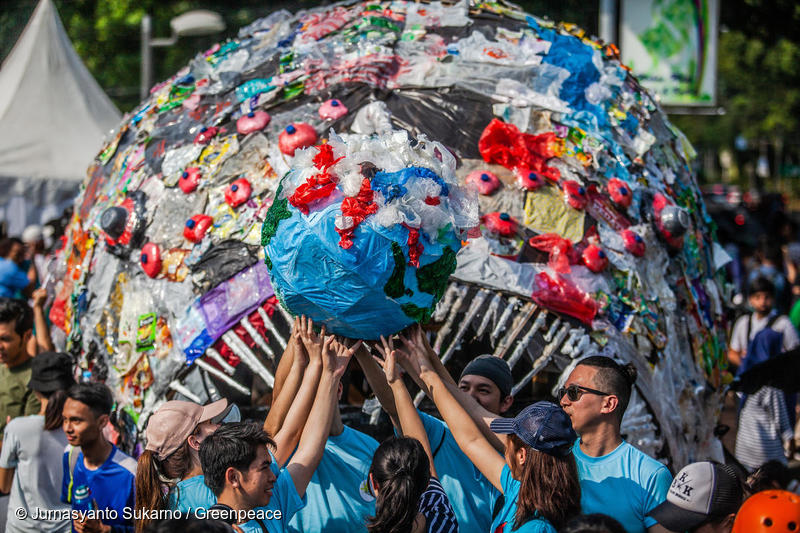
Stop plastic pollution!
Ask world leaders to support a strong global plastic treaty that addresses the whole life cycle of plastic.
-

Protect the Oceans
The threats facing our oceans are getting more urgent, find out how you can make a difference
-
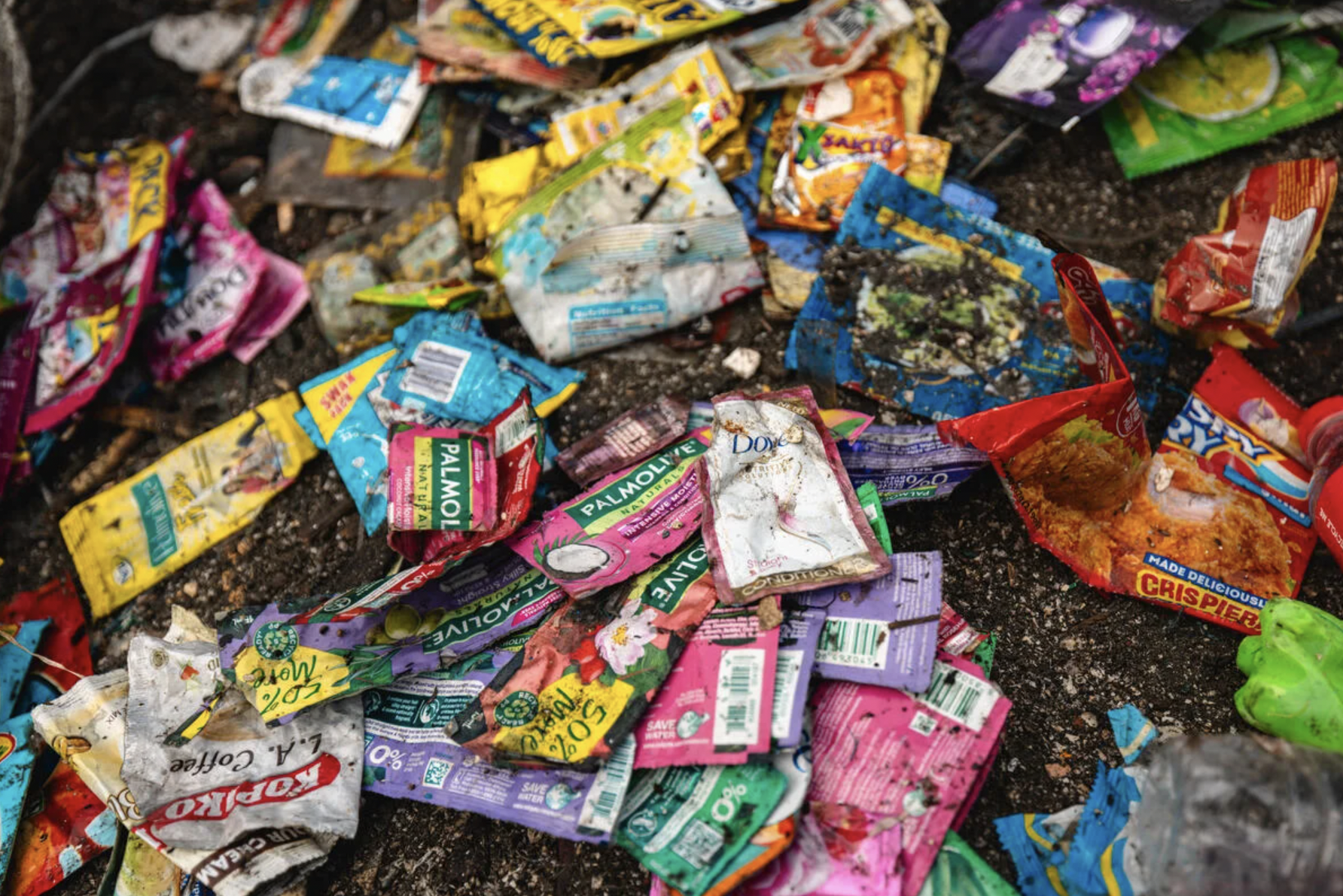
Reuse is working. It’s time for major brands like Unilever to help it grow.
Reuse at scale isn’t a distant ambition. It’s happening right now, despite the companies still profiting from the status quo.
-
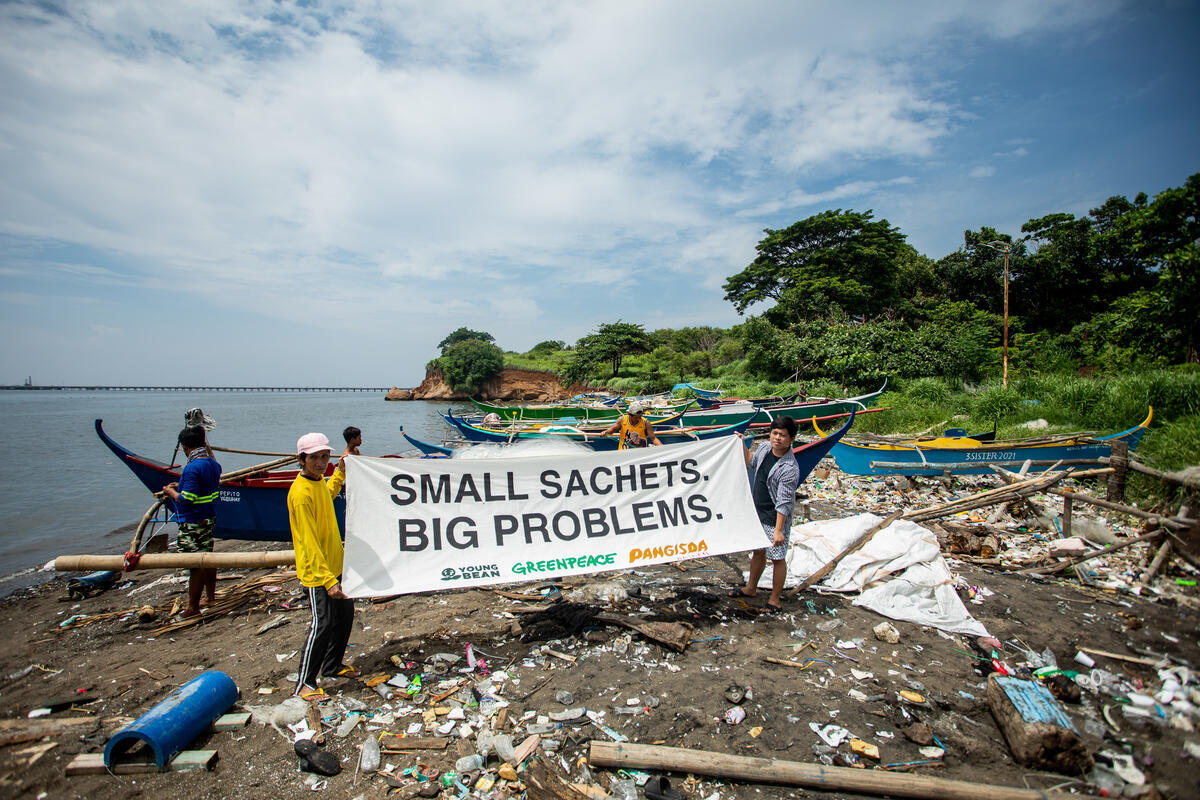
What Consumed reveals about Unilever and why the company must break its sachet habit
Brands like Unilever are now locked into disposability. Despite sustainability promises, the company continues to rely on sachets for volume and margins, even as the pollution becomes impossible to ignore.
-
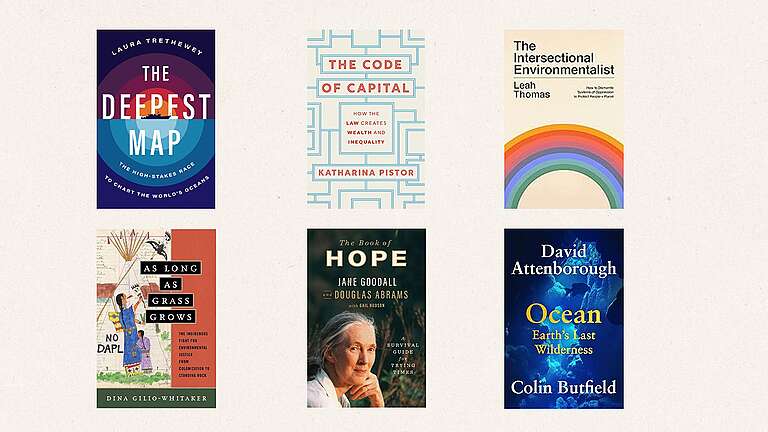
Oceans, hope, environmental justice, critiques of capitalism: 6 books to start 2026
Here are 6 inspiring books discussing oceans, critiques of capitalism, the Indigenous fight for environmental justice, and hope
Keep me posted!
Sign up as a Greenpeace supporter to get the latest updates and action alerts in your country.
